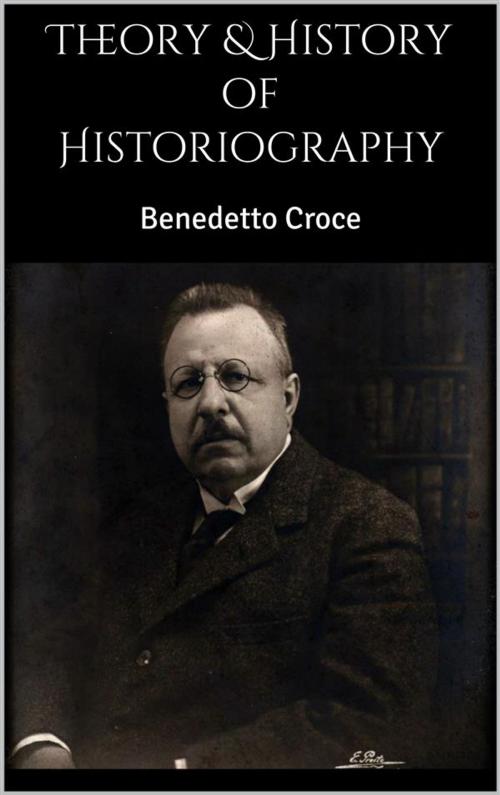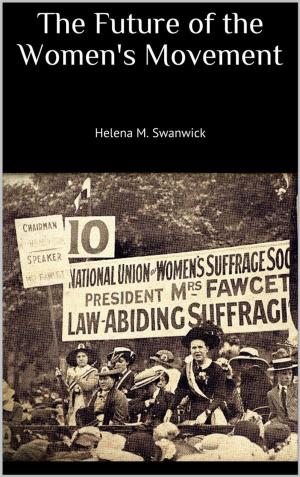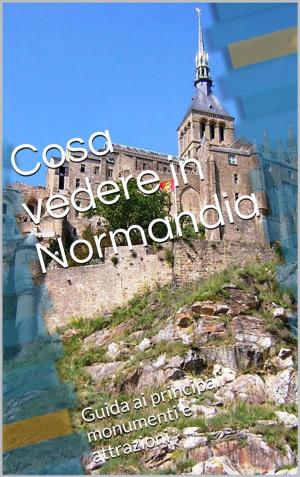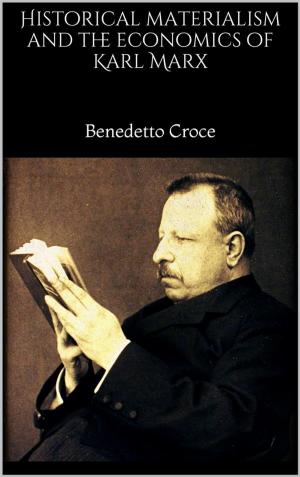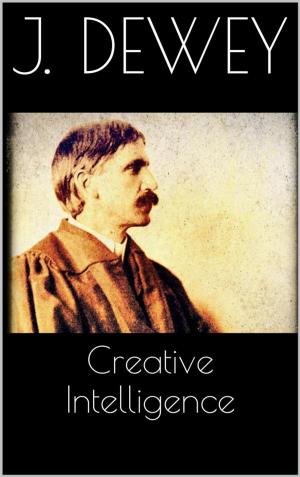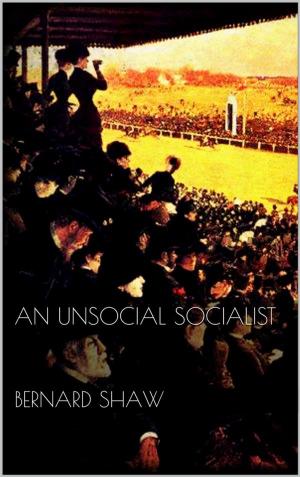| Author: | Benedetto Croce | ISBN: | 9788827511459 |
| Publisher: | Skyline | Publication: | November 5, 2017 |
| Imprint: | Language: | English |
| Author: | Benedetto Croce |
| ISBN: | 9788827511459 |
| Publisher: | Skyline |
| Publication: | November 5, 2017 |
| Imprint: | |
| Language: | English |
'Contemporary history' is wont to be called the history of a passage of time, looked upon as a most recent past, whether it be that of the last fifty years, a decade, a year, a month, a day, or indeed of the last hour or of the last minute. But if we think and speak rigorously, the term 'contemporaneous' can be applied only to that history which comes into being immediately after the act which is being accomplished, as consciousness of that act: it is, for instance, the history that I make of myself while I am in the act of composing these pages; it is the thought of my composition, linked of necessity to the work of composition. 'Contemporary' would be well employed in this case, just because this, like every act of the spirit, is outside time (of the first and after) and is formed 'at the same time' as the act to which it is linked, and from which it is distinguished by means of a distinction not chronological but ideal. 'Non-contemporary history,' 'past history,' would, on the other hand, be that which finds itself in the presence of a history already formed, and which thus comes into being as a criticism of that history, whether it be thousands of years or hardly an hour old. But if we look more closely, we perceive that this history already formed, which is called or which we would like to call 'non-contemporary' or 'past' history, if it really is history, that is to say, if it mean something and is not an empty echo, is also contemporary , and does not in any way differ from the other.
'Contemporary history' is wont to be called the history of a passage of time, looked upon as a most recent past, whether it be that of the last fifty years, a decade, a year, a month, a day, or indeed of the last hour or of the last minute. But if we think and speak rigorously, the term 'contemporaneous' can be applied only to that history which comes into being immediately after the act which is being accomplished, as consciousness of that act: it is, for instance, the history that I make of myself while I am in the act of composing these pages; it is the thought of my composition, linked of necessity to the work of composition. 'Contemporary' would be well employed in this case, just because this, like every act of the spirit, is outside time (of the first and after) and is formed 'at the same time' as the act to which it is linked, and from which it is distinguished by means of a distinction not chronological but ideal. 'Non-contemporary history,' 'past history,' would, on the other hand, be that which finds itself in the presence of a history already formed, and which thus comes into being as a criticism of that history, whether it be thousands of years or hardly an hour old. But if we look more closely, we perceive that this history already formed, which is called or which we would like to call 'non-contemporary' or 'past' history, if it really is history, that is to say, if it mean something and is not an empty echo, is also contemporary , and does not in any way differ from the other.
